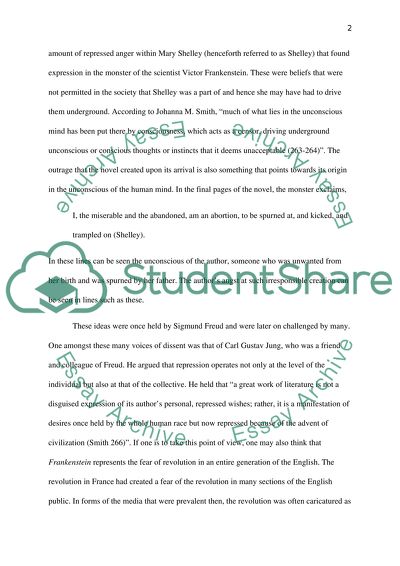Cite this document
(“Final Essay Example | Topics and Well Written Essays - 1000 words”, n.d.)
Retrieved from https://studentshare.org/english/1479843-final-essay
Retrieved from https://studentshare.org/english/1479843-final-essay
(Final Essay Example | Topics and Well Written Essays - 1000 Words)
https://studentshare.org/english/1479843-final-essay.
https://studentshare.org/english/1479843-final-essay.
“Final Essay Example | Topics and Well Written Essays - 1000 Words”, n.d. https://studentshare.org/english/1479843-final-essay.


